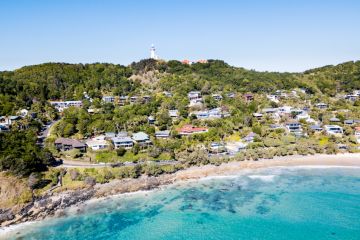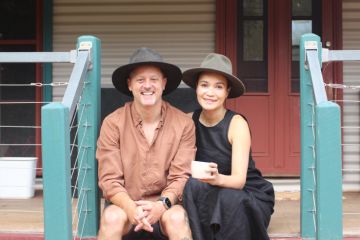The unexpected responsibilities that come with being a home owner
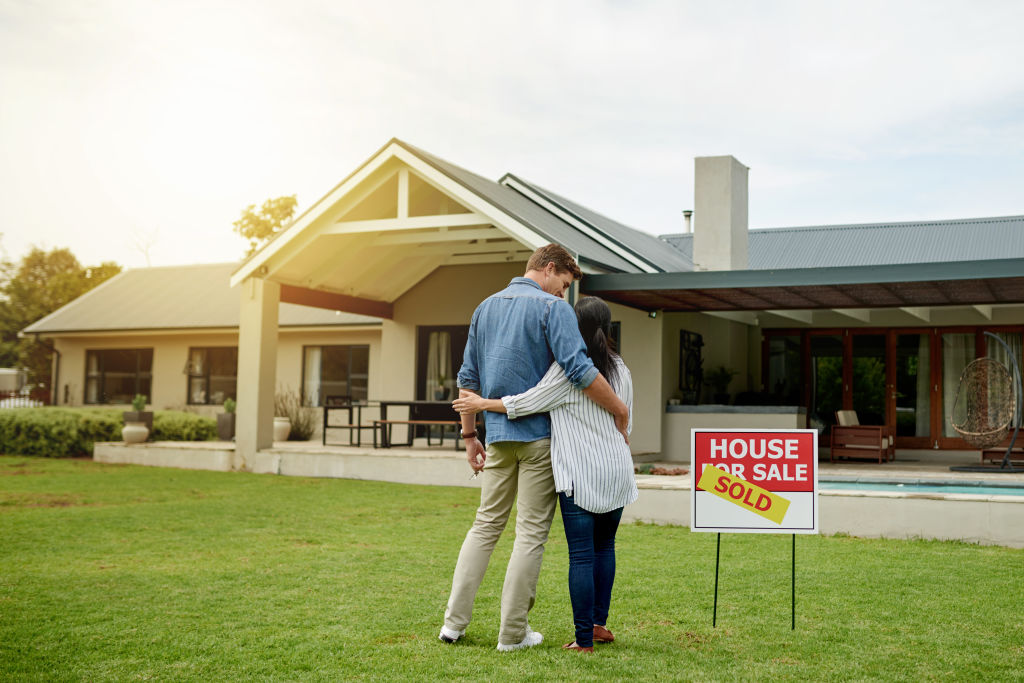
Congratulations! You’ve joined the millions of Australians who lay claim to their very own piece of the country’s real estate pie. But joining the home owner ranks also comes with a whole heap of extra responsibilities. Here are a few you should know about.
Annual expenses
Perhaps your financial advisor or lender walked you through the upfront costs associated with taking out a home loan, but did they mention there are other hefty bills to pay on an annual basis?
Let’s start with council rates, which cover the cost of things like rubbish collection and road maintenance in your neighbourhood. And if you’ve bought an apartment or townhouse, that resort-style pool doesn’t take care of itself; there are body corporate fees to pay to ensure communal facilities are maintained and insured.
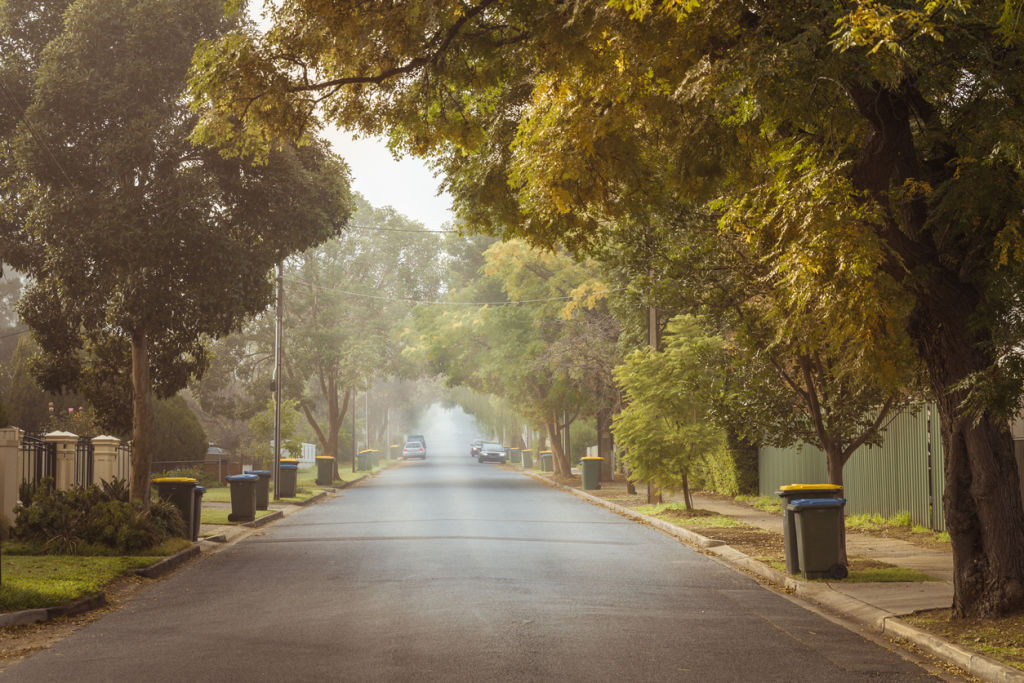
Speaking of insurance, you’ll likely want to take out a policy to cover your home and contents. It’s not compulsory, but it sure makes an unexpected disaster a little more palatable.
If you get adequate cover, insurance should go a long way towards covering the cost of repairing or replacing your property and your belongings should something go wrong.
“New home owners regularly underestimate the price of insurance, strata fees and sinking funds,” says Simon Cohen, founder of Sydney buyers’ agency Cohen Handler. He suggests home owners speak with an insurance broker to make sure they get the coverage they need.
Safety
Did you hear about the guy who broke his ankle after falling on slippery tiles at his mate’s front door and successfully sued for a lump sum payout?
It’s unclear if the pair remained friends, but on a serious note, more than half of emergency department presentations are for injuries that occurred in the home. And It’s possible many of these injuries could have been prevented by home owner due diligence.
Andrew Cox, marketing manager for PropertySafe, a service which provides residential safety inspections, says legislation across the country requires home owners to adequately address safety hazards.
“People think they understand safety but they don’t necessarily recognise all the potential hazards,” he says.
“From gas leaks, rotting decks and slip hazards to handrail compliance and glass hazards, it’s important to mitigate or eliminate risks. And if you’re a landlord, you have an obligation to provide a safe environment for people to live in.”
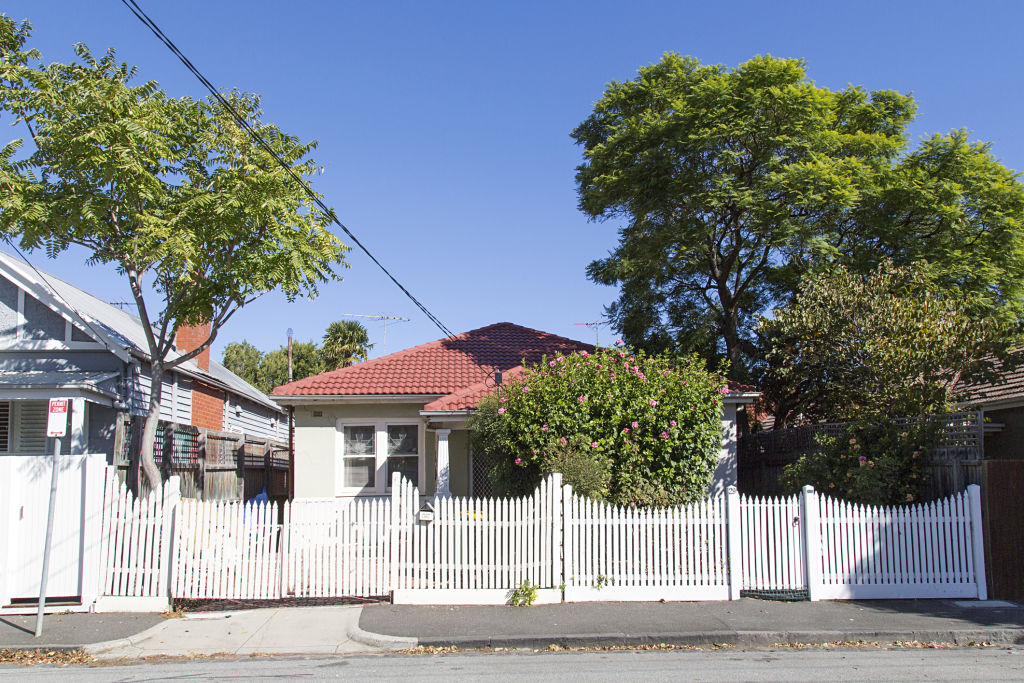
Maintenance
Chances are the property you bought was tarted up for sale with manicured lawns, fresh paint, maybe even new floor coverings.
But eventually the grass will grow, the paint will peel and the floors will show signs of wear and tear. Less obvious, but no less important, are things like old wiring, faulty plumbing and tired fences.
“You can’t just buy a house with a great garden and let it go,” says Cohen. “You’ve either got to pay for a gardener and trades or maintain it yourself.”
Cohen is a big fan of pest and building inspections to avoid any nasty surprises post-purchase, but he points out there will always be maintenance issues at some point in the future regardless of the condition of your home when you buy.
“It’s always good to factor in a cash buffer because you never know what’s going to come up,” he says.
Making a will
Dying is probably the last thing you’ll be thinking about when you’re popping champagne to celebrate your new home, but do you really want crazy cousin Frank to get his paws on your property just because you didn’t get around to making a will? It happens!

“When a person dies, if they don’t have a will it’s called dying intestate, and the manner in which their assets will be inherited is in accordance with legislation,” says State Trustees will writer Ari Morris. “The more complicated the family structure, the juicier the story may get.”
Morris says if it’s a nuclear family, in the absence of a will it’s likely the surviving spouse or kids will inherit everything by default. But if you’ve got a blended family, ex-partners and step-kids may get a look-in.
While he understands facing your mortality can make people uncomfortable, Morris says you’ve got a responsibility to your nearest and dearest to be on the front foot about who gets what. On the State Trustees website you can create a will online in as little as half an hour for a flat fee of $120.
“It’s a handy tool for people who have an uncomplicated state of affairs and certainly better than having no will at all,” says Morris, who advises using a qualified solicitor or will writer for more complex scenarios.
“It’s definitely the case that for most Australians, their property is their primary asset and it’s vital that they ensure that when they die, their property will be dealt with as per their wishes.”
States
Capital Cities
Capital Cities - Rentals
Popular Areas
Allhomes
More
